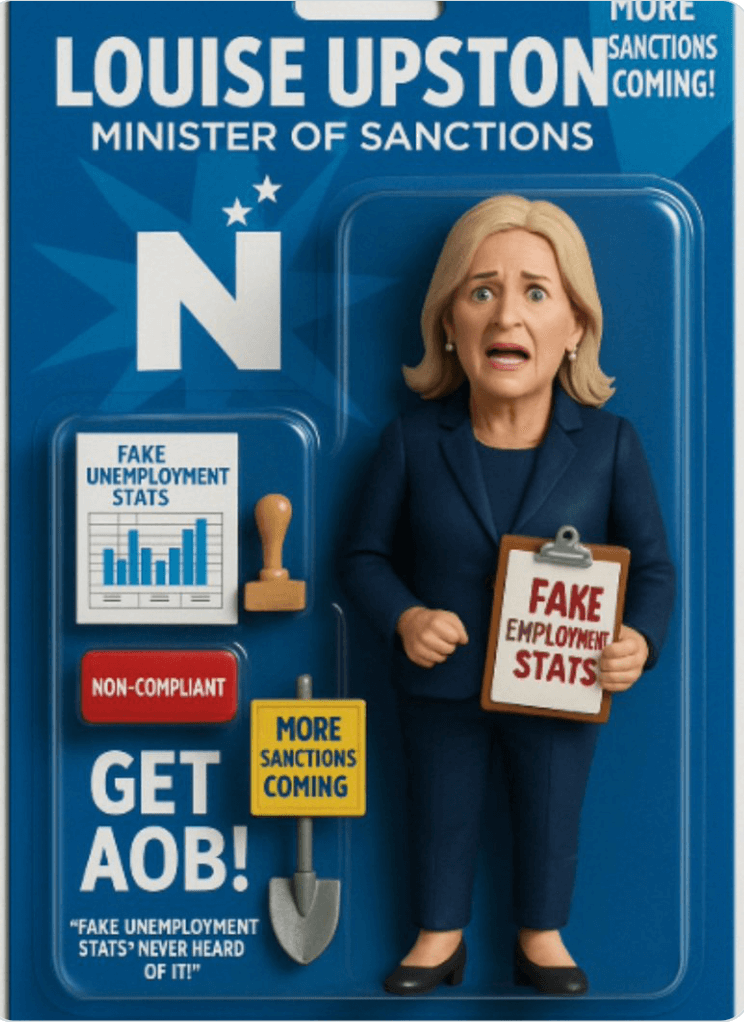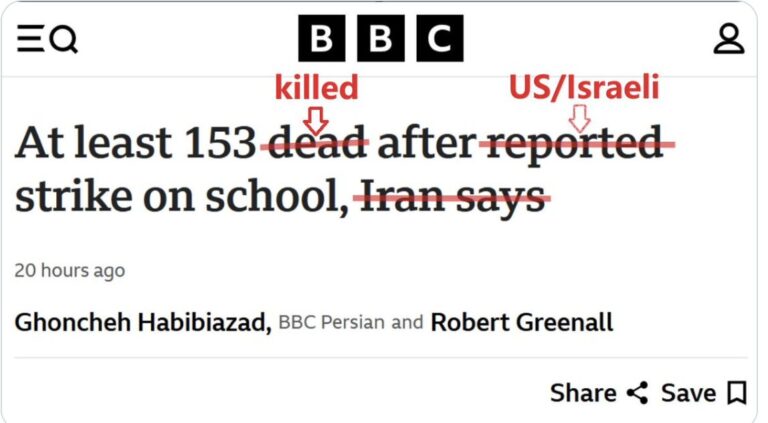Another warning of the economic hell to come from Bloomberg
From Seattle to Sydney to Stockholm and Auckland, homebuyers are getting squashed by financial pressures as the world’s hottest housing markets face a painful rest.
- Losing its froth: Buyers are pulling back as central banks raise interest rates, pushing down house prices. Property markets like Australia and Canada face double-digit declines and economists believe the global downswing is only getting started.
- Variable risk: In the US most buyers rely on fixed-rate loans for as long as 30 years. Other nations commonly have variable-rate mortgages that move closely in line with official interest rates.
- Economic threat: If the paper losses whacking homebuyers turn into real-money declines for households, banks and developers, that may hit a world economy that’s already slowing and that the IMF has warned is teetering on the edge of a recession.







Cameron Bagrie is anticipating a recession in NZ in 2023. That’s just perfect for the election!
House prices are the least of our worries.
Expect food shortages in 2023 because of a combination of ill-considered lockdowns, a drought, crazy green policies and the war in Ukraine.
As global food supplies get tighter and tighter, so will the risk of civil unrest.
@Andrew agreed, compounded by sharp squeeze in the global supply of fertiliser. European production of nitrogen based fertiliser is way down due to natural gas prices. China blocked export of phosphate fertiliser and a large proportion of global potash comes from Russia and Belarus which are under sanctions. This will feed into costs and the global food supply for 2023 onwards.
Indeed. It’s a good time to remember for those of us without investments outside KiwiSaver to remember that even that can be put into a less dangerous set of investments until the crisis the criminal money power has created blows over.
“In the US most buyers rely on fixed-rate loans for as long as 30 years.”
LOL, imagine trapped paying a rate set in the 90s for the last two decades of CB directed dirt cheap credit.
‘Recession. In economics, a recession is a business cycle contraction when there is a general decline in economic activity. [1] [2] Recessions generally occur when there is a widespread drop in spending (an adverse demand shock )’
So infinite ‘growth’ is never guaranteed…………how tragic.
Maybe need to reset a system that relies on ever increasing interest bearing debt.
Although remembering Bernard Hickey on the working group pointing out NZ appears well stress tested for a house price fall.
Yeah I remember Ben Bernanke’s quotes just before the GFC:
2007 Feb: “Despite the ongoing adjustments in the housing sector, overall economic prospects for households remain good. Household finances appear generally solid, and delinquency rates on most types of consumer loans and residential mortgages remain low.”
2007 Mar: “At this juncture, however, the impact on the broader economy and financial markets of the problems in the subprime market seems likely to be contained. In particular, mortgages to prime borrowers and fixed-rate mortgages to all classes of borrowers continue to perform well, with low rates of delinquency.”
2007 May: “All that said, given the fundamental factors in place that should support the demand for housing, we believe the effect of the troubles in the subprime sector on the broader housing market will likely be limited, and we do not expect significant spillovers from the subprime market to the rest of the economy or to the financial system. The vast majority of mortgages, including even subprime mortgages, continue to perform well. Past gains in house prices have left most homeowners with significant amounts of home equity, and growth in jobs and incomes should help keep the financial obligations of most households manageable.”
2008 Jan: “The Federal Reserve is not currently forecasting a recession.”